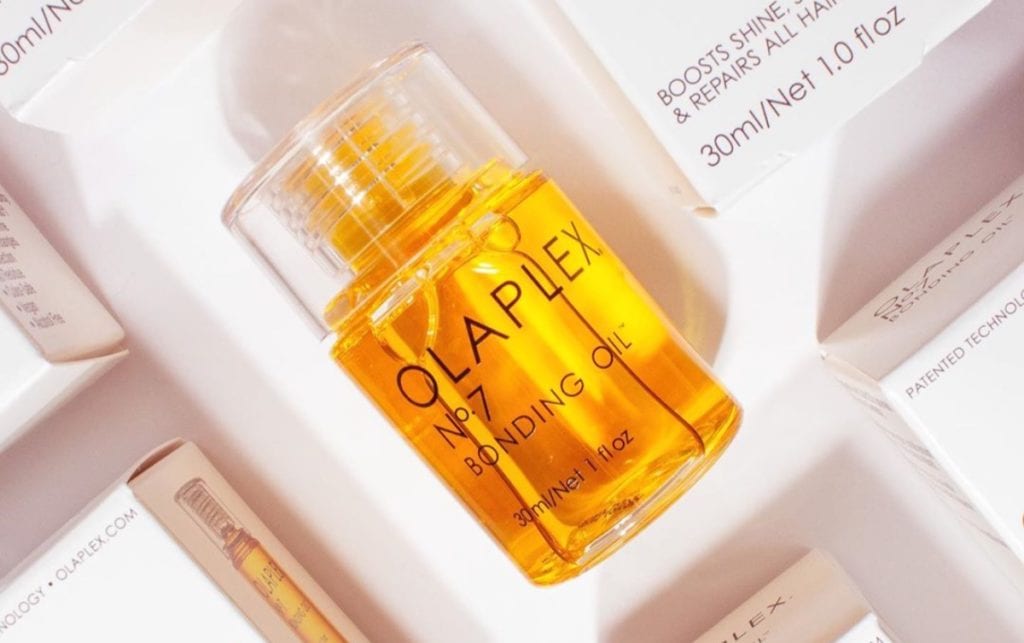A 2-year long legal battle between haircare startup Olaplex and cosmetics titan L’Oreal is heating up again. Following a week-long jury trial and a favorable verdict for Olaplex, which included a nearly $100 million damages award in connection with the jury’s finding that L’Oreal did, in fact, engage in willful patent infringement and trade secret misappropriation, and breached a confidentiality agreement it entered into with Olaplex, U.S. District Judge Joseph Bataillon ordered that L’Oreal must also pull nine of its products from shelves in the U.S. … for good, a decision that L’Oreal is prepared to fight.
The two brands’ “David v. Goliath” battle started in January 2017 when Olaplex filed a trade secret misappropriation, patent infringement, and breach of contract lawsuit against L’Oreal, alleging that in the process of acquisition discussions, its much larger rival stole confidential information related to Olaplex’s proprietary bonding system, a multi-step process aimed at strengthening and protecting hair. Less than a year later, L’Oreal launched its own copycat products.
Despite L’Oreal’s counsel’s claims during a week-long trial that L’Oreal independently conceived of its version of the hair bonding products in August 2014, and the allegedly confidential information upon Olaplex had based its case was already publicly-known information (and thus, not protected by trade secret law), a jury sided with Olaplex earlier this month, and Judge Joseph Bataillon has since extended a temporary injunction, barring L’Oreal from manufacturing, marketing, and selling its own hair bonding systems.
On August 16, Judge Bataillon of the U.S. District Court for the District of Delaware piled on the blows to L’Oreal by permanently banning the U.S. arm of the 110-year old cosmetics giant from selling nine separate products, such as its Smartbond shampoo and conditioning kits, as well as similar products from its Redken and Matrix brands.
Thereafter, on August 20, the Judge also sounded off the the $91 million damages award that the jury decided upon for Olaplex, chopping the number in half. He held that Olaplex is entitled to recover $25 million for the trade secret, patent infringement, and breach of contract claims, as well as another $25 million in connection with the jury’s finding that L’Oreal acted willfully in its violations of the law.
A rep for L’Oreal USA told TFL on the heels of the jury verdict that it “will appeal this verdict and expect to prevail on all counts,” and on the 16th, the same day as the permanent injunction was entered, it filed a notice of appeal to the Federal Circuit with the Delaware court.
In the meantime, also currently underway are proceedings before the Patent Trial and Appeal Board (“PTAB”), in which L’Oreal USA is challenging a number of the claims in patents held by Liqwd Inc. for which Olaplex is the exclusive licensee, alleging that they are invalid due to claims present in others’ previously-filed patent applications.
In response to L’Oreal’s challenges, counsel for Liqwd defended its “breakthrough inventions” and asked the PTAB to confirm the patentability of all of the challenged claims, arguing that L’Oreal “fails to meet its burden to show unpatentability.” More than that, Liqwd alleges that “because [L’Oreal USA] copied [its] revolutionary bond building technologies,” as embodied in the patents at issue, “it is desperate for the [PTAB] to invalidate [them].”
*The case is Liqwd Inc. v. L’Oreal USA Inc., 1:17-cv-00014 (D. Del.).














